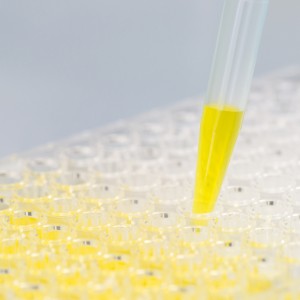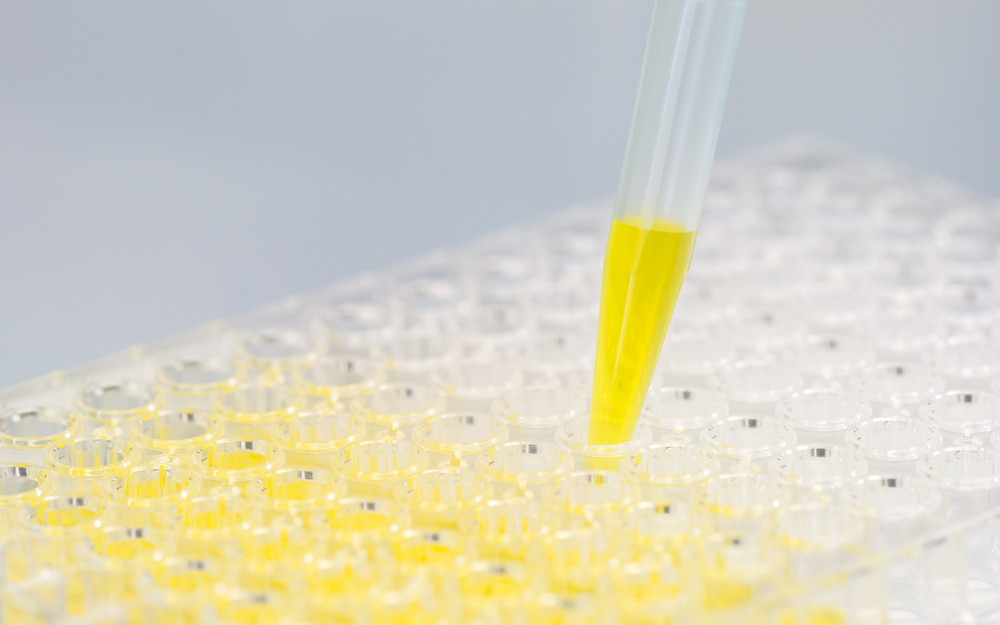 A recent study by Albert Einstein College of Medicine researchers explains how breast cancer cells with low levels of profilin 1 protein have an increased ability to metastasize and invade other tissues.
A recent study by Albert Einstein College of Medicine researchers explains how breast cancer cells with low levels of profilin 1 protein have an increased ability to metastasize and invade other tissues.
Researchers and medical professionals have been focused on developing new treatments that can stop cancer from spreading, as it often results in the death of patients suffering from this malignancy.
Despite efforts by the scientific and medical community, no effective treatments have been advanced to stop or prevent tumor cells from spreading from its primary location — a critical step in cancer, when it can spread and reach different organs, proliferating in different locations within the body.
The study titled “Profilin 1 regulates invadopodium maturarion in human breast cancer cells” was published in the European Journal of Cell Biology, and reveals how profilin 1 influences the formation of some structures that determine tumor invasion.
“To obtain this level of effectiveness the tumour cells form a subcellular structure called invadopodia (from the Latin invado, invade, and podio, feet; invasive feet) and they use it to spread towards other parts of the organism,” noted study author Dr. Bravo-Cordero in a press release.
[adrotate group=”3″]
Through high-resolution microscope techniques, the research team studied the invasion dynamics of tumor cells when profiling 1 fails to preform its role, searching for the most adequate ways to effectively regulate this protein. Researchers came to understand that patients suffering from breast cancer could benefit from a reduction of profiling 1 levels, as it increases tumors’ capacity to metastasize and invade other organs.
The researcher added: “Surprisingly, the cells which lack profilin 1 show extremely invasive activity mediated by the invadopodia, compared to control cells. It is as if we had taken the brake off and lost control of the vehicle. In the absence of profilin 1 the invadopodia are more aggressive when it comes to degrading the extracellular matrix and are highly invasive structures, which explains the high metastatic potential of these cells. If we destroy the scaffolding, the structures do not form; in the same way if we are very efficient with the assembly of this scaffolding we can form structures that have more invasive capacity. These are the variables that we have to play with to stop invasive tumors, and profilin 1 regulates this balance.”
Understanding this regulatory machinery will ultimately boost the creation of approaches that might reduce tumors’ aggressiveness and metastatic potential.

